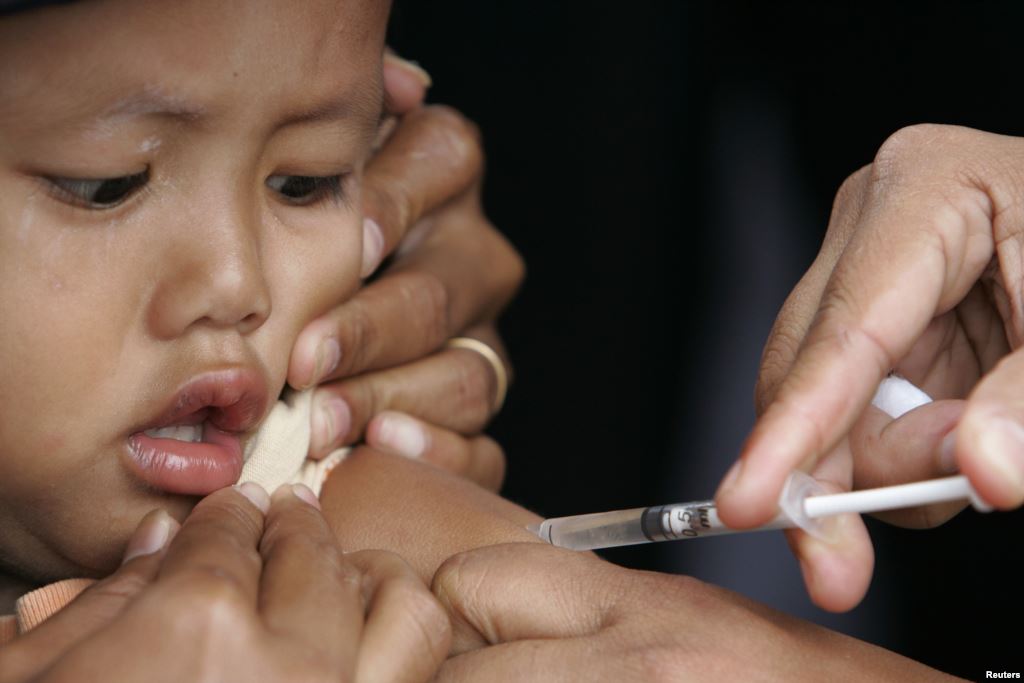In an interview with IRNA, as translated by IFP, Mohammad Mahdi Gouya, the Director of Health Ministry’s Centre for Communicable Disease Control, said the Ministry has allocated an annual budget of $2.9m to defray the costs of vaccination for legal and illegal immigrants.
“The United Nations High Commissioner for Refugees (UNHCR) pays only a quarter of the amount,” he added.
For 40 years, Iran has been providing health services for immigrants and refugees as well as Iranian citizens.
Gouya underlined that the Health Ministry gives health services to foreign nationals open-handedly based on two reasons.
“Humanitarian motivation is the first incentive that concerns us with the health conditions of immigrants and refugees; however, the health of Iranian citizens is the second, yet chief, reason.”
Preventing the spread of diseases among Iranian citizens is one of the main reasons for providing immigrants with health services, he reiterated.
“What matters is that we are curbing the spread of disease in a society, not just in one single immigrant.”
He referred to the control of vaccine-preventable diseases as the prime concern of the Ministry of Health and said, “Polio and measles are the first priorities.”
Immigrants and refugees living in Iran, as well as Iranians, receive the most expensive polio vaccines for free.
Gouya pointed to the eradication of polio as a global initiative, and said, “Since preventing polio has always been of the utmost importance in the country, we don’t have any record of the disease from 2,000 up until today.”
He mentioned measles, which is a respiratory disease, as the second priority for the Ministry of Health and added, “Most of the immigrants in Iran have not been vaccinated against measles, and therefore, we have to conduct the vaccination program several times in different provinces of Iran.”
